Equine Veterinarian in Fort Valley, GA
Welcome to Central Georgia Equine Services where our passion for horses meets state-of-the-art health care provided by our equine veterinarian. Established in 1988 our goal is to provide the very best health care options to our clients and patients.
Read More
We are deeply committed to providing quality care both in the clinic and on your farm. Our mobile hospital units are fully stocked and we offer the latest in portable equipment. As part of our commitment to the future, as your equine veterinarian, we are excited to welcome new team members through our comprehensive job opportunities, including shadowing, externships, and internships. Explore our Careers Page to take the first step towards a fulfilling career in equine veterinarian medicine.
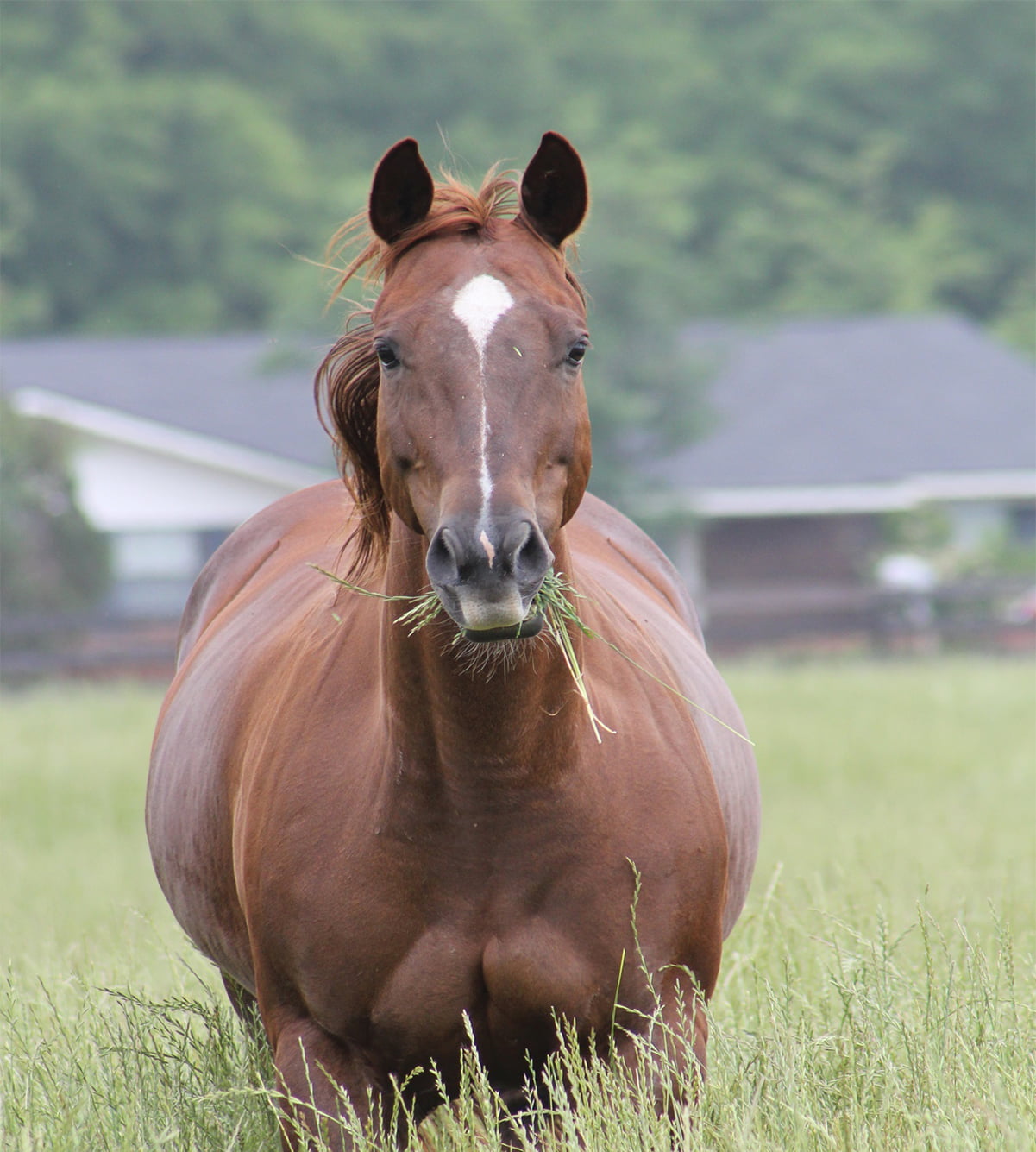
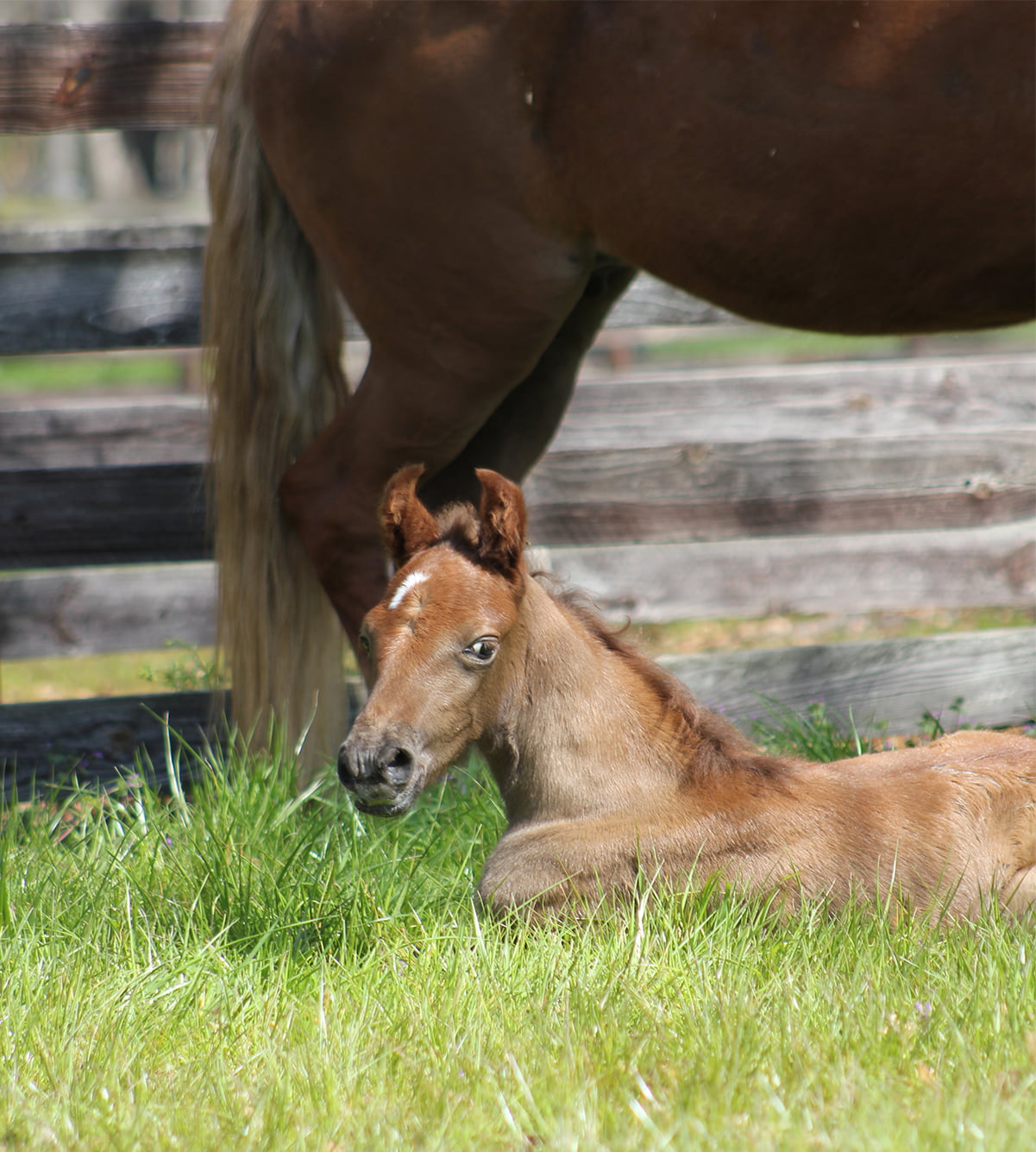
What Makes Us Unique?
Our Services
Our Services
Our Equine Veterinarian Staff
Large Staff with Specific Areas of Expertise
We are a group of horse lovers working together to take care of your horse. It starts with your first telephone call, we understand what it means to be holding a colicky horse. Our veterinary assistants are trained to assist with procedures, allowing you to focus on your veterinary visit. Our support staff is here to guide you to the best possible care for your horse.
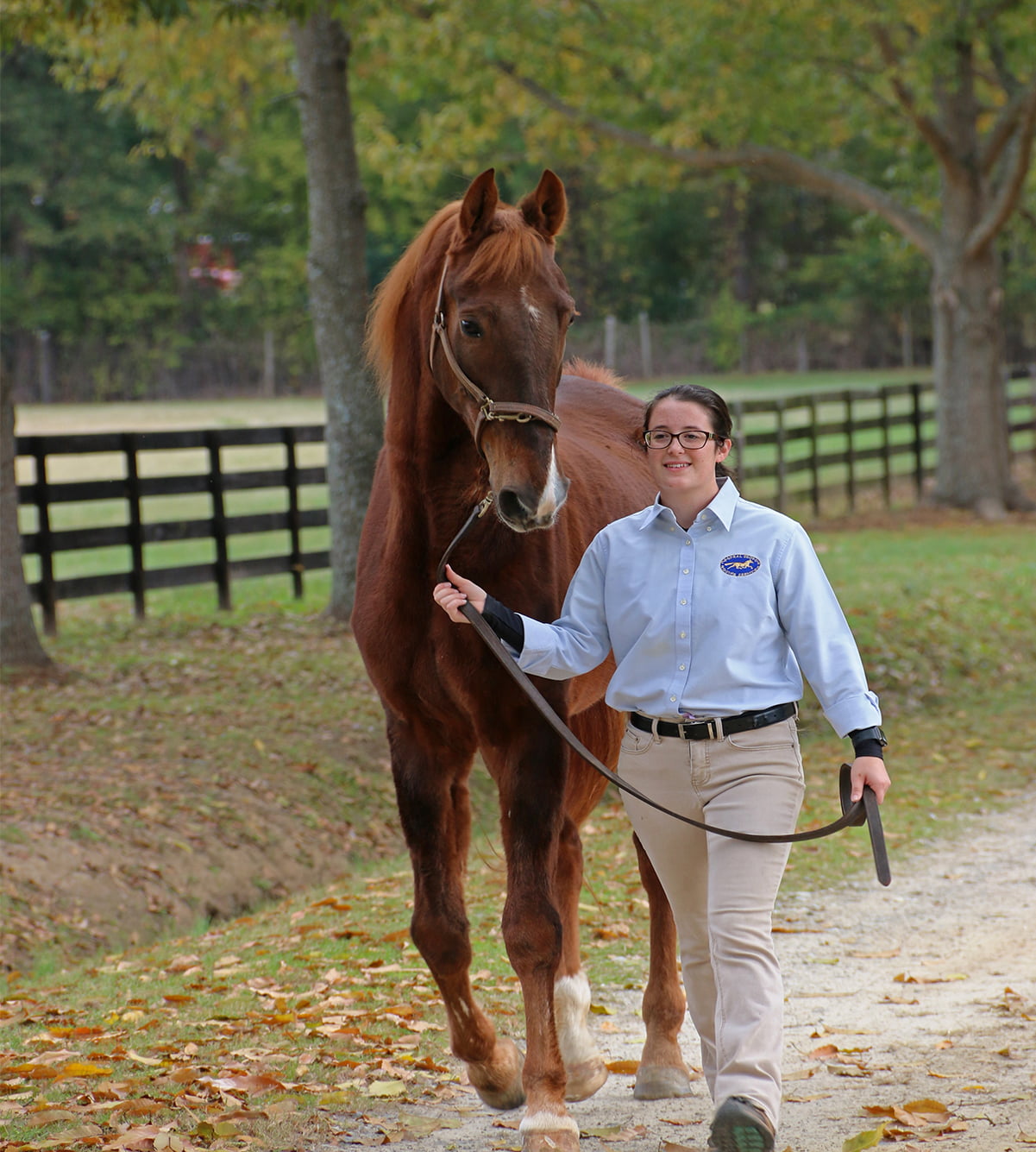
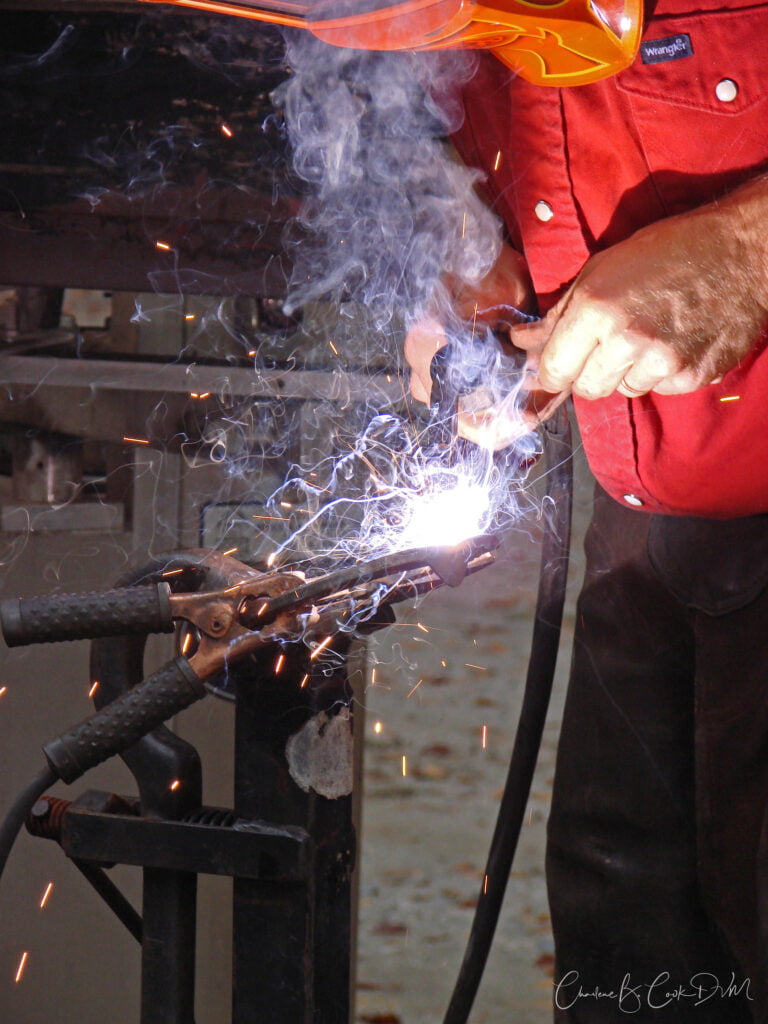
Partnering with Rick Talbert
On-site Farrier Services
Discover top-tier on-site farrier services at Central Georgia Equine Services, made possible through our exclusive partnership with certified farrier Rick Talbert. A graduate of the Auburn Horseshoeing School and certified by the American Farrier Association, Rick brings unmatched skill, portable equipment, and a lifetime of experience to central Georgia.
Key Features
- Certified Expertise: Rick Talbert is one of only two farriers in Georgia certified by the American Farrier Association as a Certified Journeyman Farrier. This elite status takes years of practice to pass rigorous testing.
- Root Cause Resolution: Beyond joint and tendon injections, our collaboration with Rick ensures a focus on correcting the root cause of lameness, ensuring lasting results.
- Comprehensive Podiatry Solutions: Rick’s lifelong dedication to farrier science and our veterinary expertise combine to address podiatry problems, providing precise solutions for your horse.
- Therapeutic Options: Rick’s extensive inventory of therapeutic shoes and devices, combined with accurate radiographs and dedicated horse owners, results in remarkable outcomes.
We are committed to serving the horse owner in a professional and compassionate manner and to serve the horse with the best of our ability.
About Us
Our History
Owned and operated by Dr. Charlene Cook, Central Georgia Equine Services began in 1988. The business started small with one truck, one barn and one equine veterinarian. Over the next several years, the business grew, and in 1993 a second barn was built followed in short order by the main clinic facility and the staff to provide the quality care you receive today. In addition to the main clinic, the facilities now include an isolation barn, a foaling barn, several private paddocks, and double-fenced pastures situated on 70 acres of lush rolling pasture land.
Over time we expanded our services adding the most modern and portable equipment to allow premium health care for our mobile patients. We advanced our education by attending veterinary conferences on embryo transfer, tendon, and ligament ultrasound, lameness, ultrasound-guided injections, hysteroscopic insemination, fetal sexing, and many more.
Frequently Asked Questions
Do you accept emergencies?
During business hours, we are able to take emergency cases. We ask that you ALWAYS call ahead so our team can assess the situation before you bring in your horse. There are also many times that we are off on farm calls and only our office staff is present. We are currently under limited hours of emergency service due to staffing issues. We offer emergency services from 8 am to 10 pm, 365 days per year. We welcome new patients.
If you have an emergency after hours, we recommend calling (478) 825-1981
Do you accept appointments? Do you accept walk-ins?
Yes, we offer and prefer that you request an appointment before your visit to our practice!
Request AppointmentWhat are your hours of operation?
We offer emergency services from 8 am to 10 pm, 365 days per year.
What types of payment methods do you accept?
Central Georgia Equine Services is happy to accept the following:
- Cash
- Check (with valid ID)
- Debit Card
- Visa
- MasterCard
- Discover
- American Express
- CareCredit
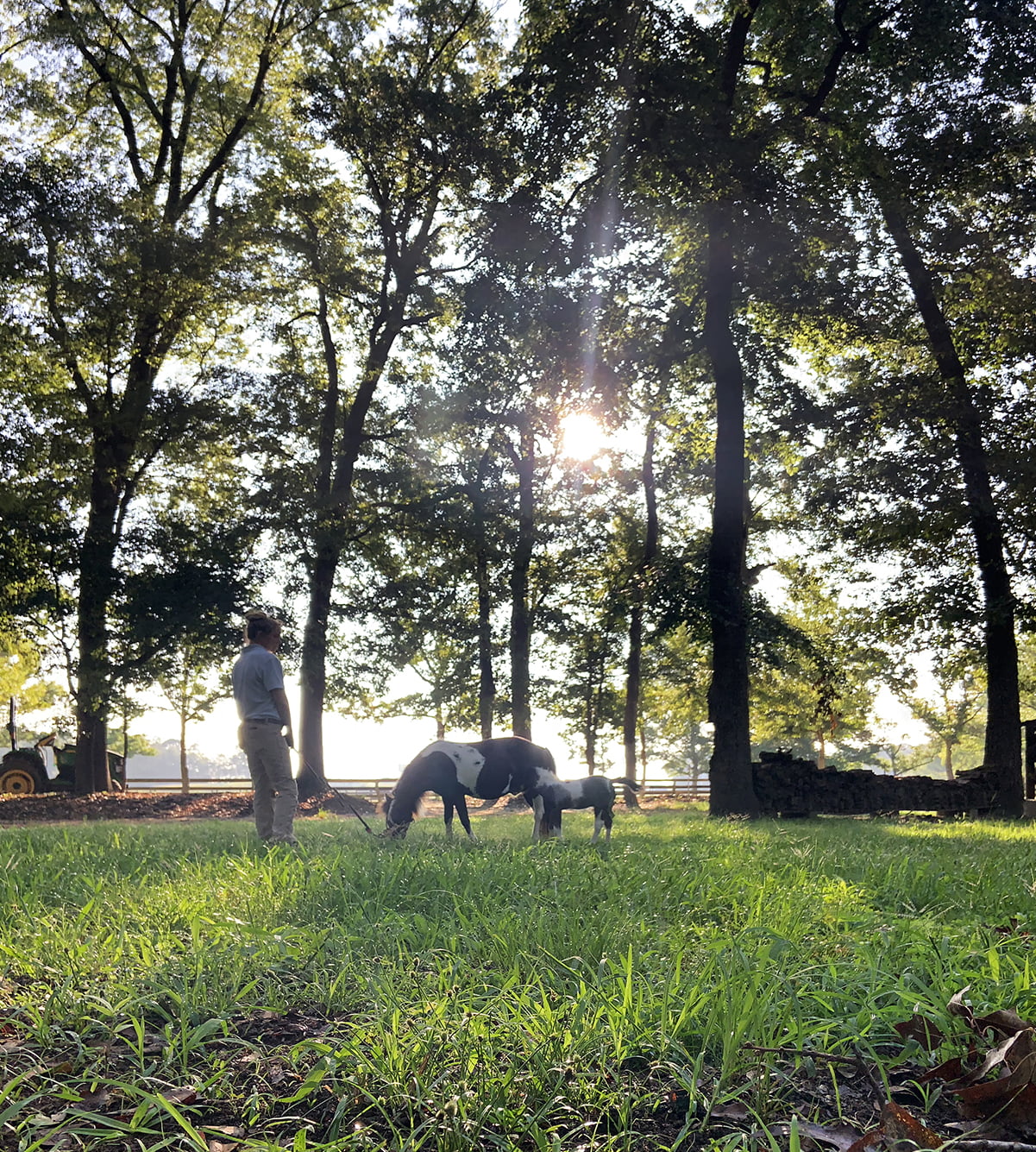
Our Location
Directions to the Facility
The clinic is located adjacent to Interstate 75, just minutes south of Macon and only 10 miles from the Georgia National Agricenter in Perry. The clinic can be easily accessed from Interstate 75 and Hwy 96.
Take interstate 75 South, turn right on exit #144 “Richard Russell Parkway” go 1/2 mile to stop sign, turn left on Houser’s Mill Road, go 1/2 mile to stop sign, turn left on Lakeview Road, go 1/4 mile, entrance will be on your right
Take Interstate 75 north, turn right on exit #142 “Houser’s Mill Road” , go 1/8 mile and turn left on Altman Road, go 2 miles to stop sign and turn left on Lakeview Rd., cross over Interstate 75, entrance will be on your left.
Take Hwy 96 West, cross over Interstate 75, go 1/2 mile and turn right on Houser’s Mill Road, go 2 miles to stop sign and turn right on Lakeview Rd. Go 1/4 mile, entrance will be on your right.
Take Hwy 96 East through Fort Valley, turn left on Houser’s Mill Road, go 2 miles to stop sign, turn right on Lakeview Rd, entrance will be on your right.
